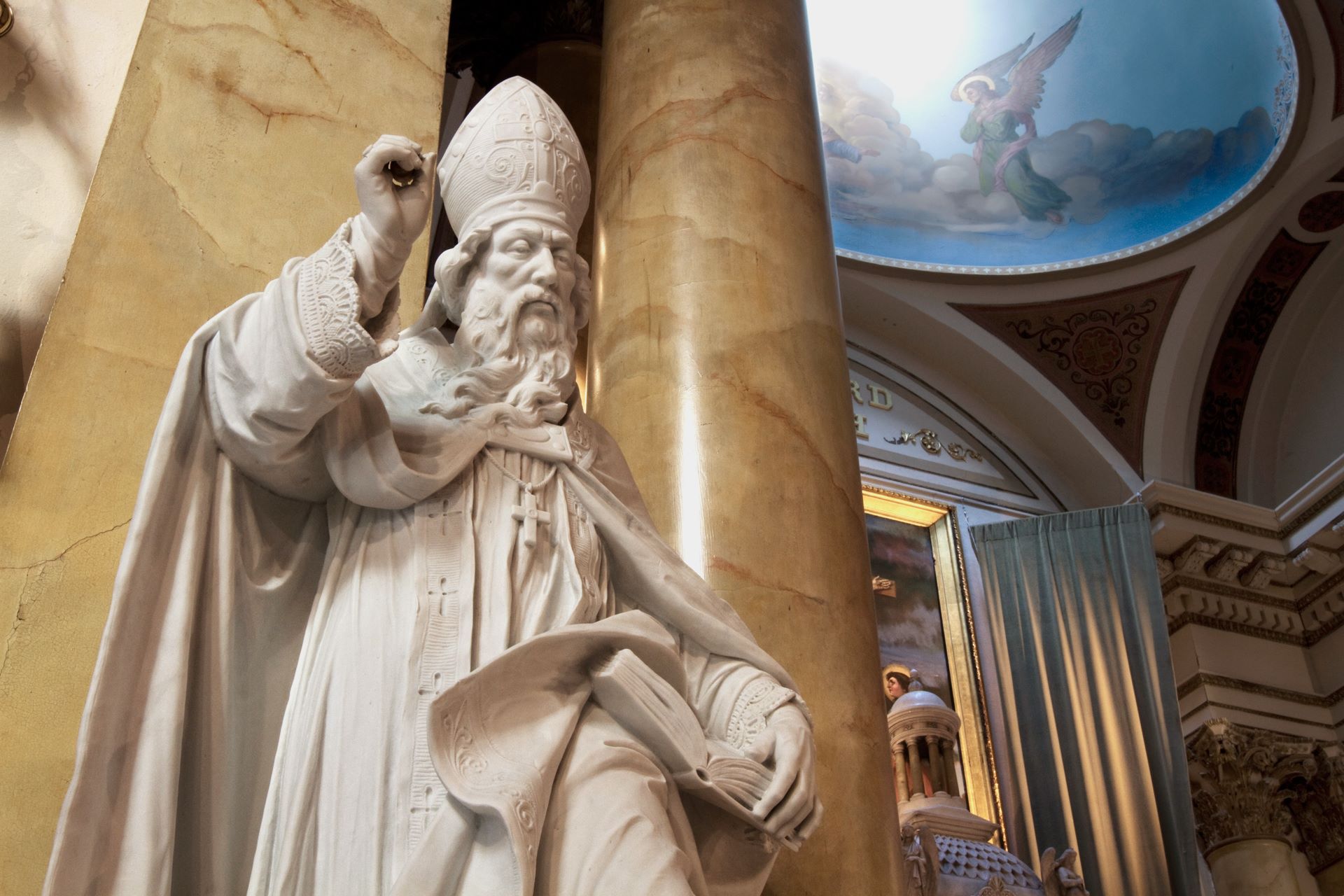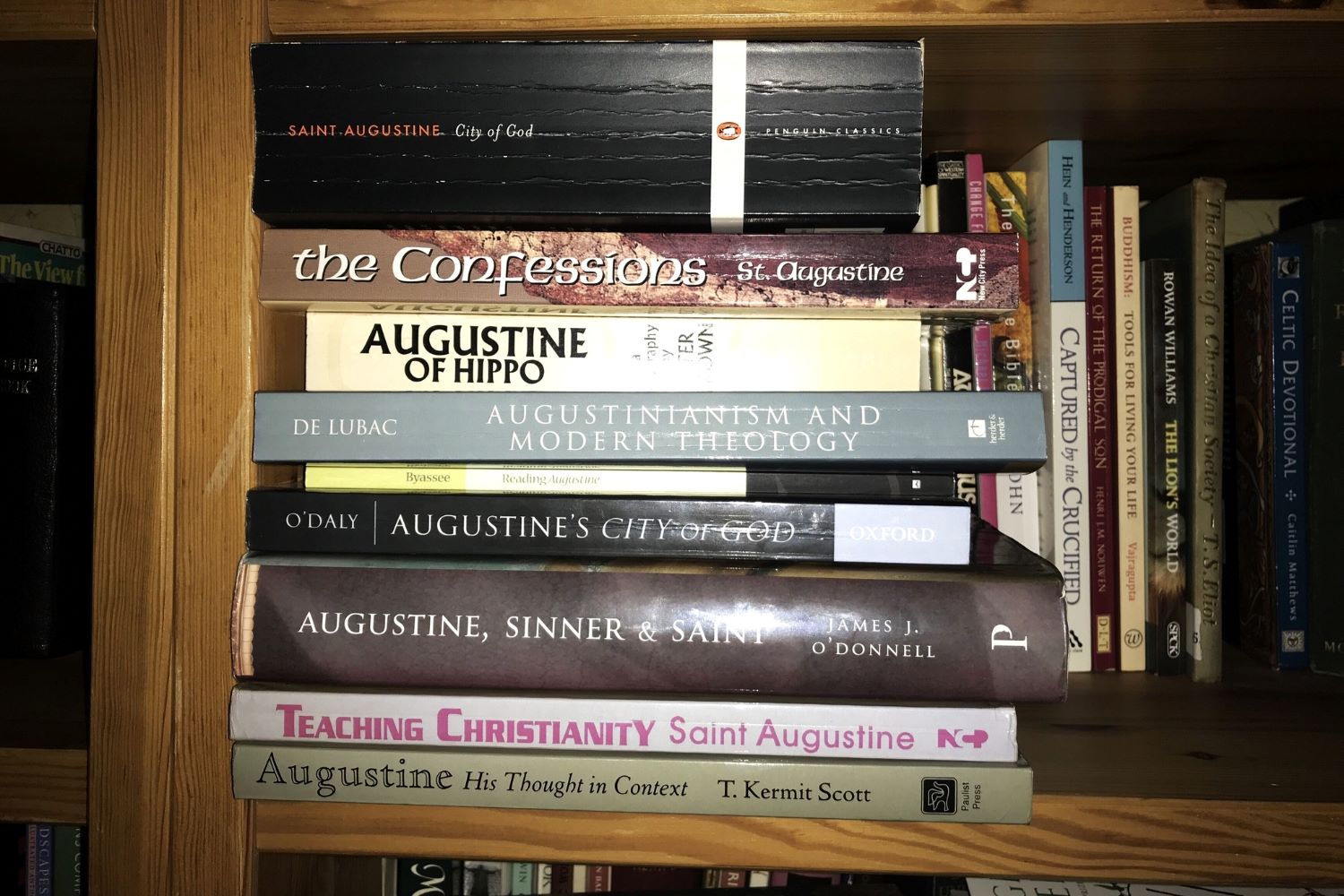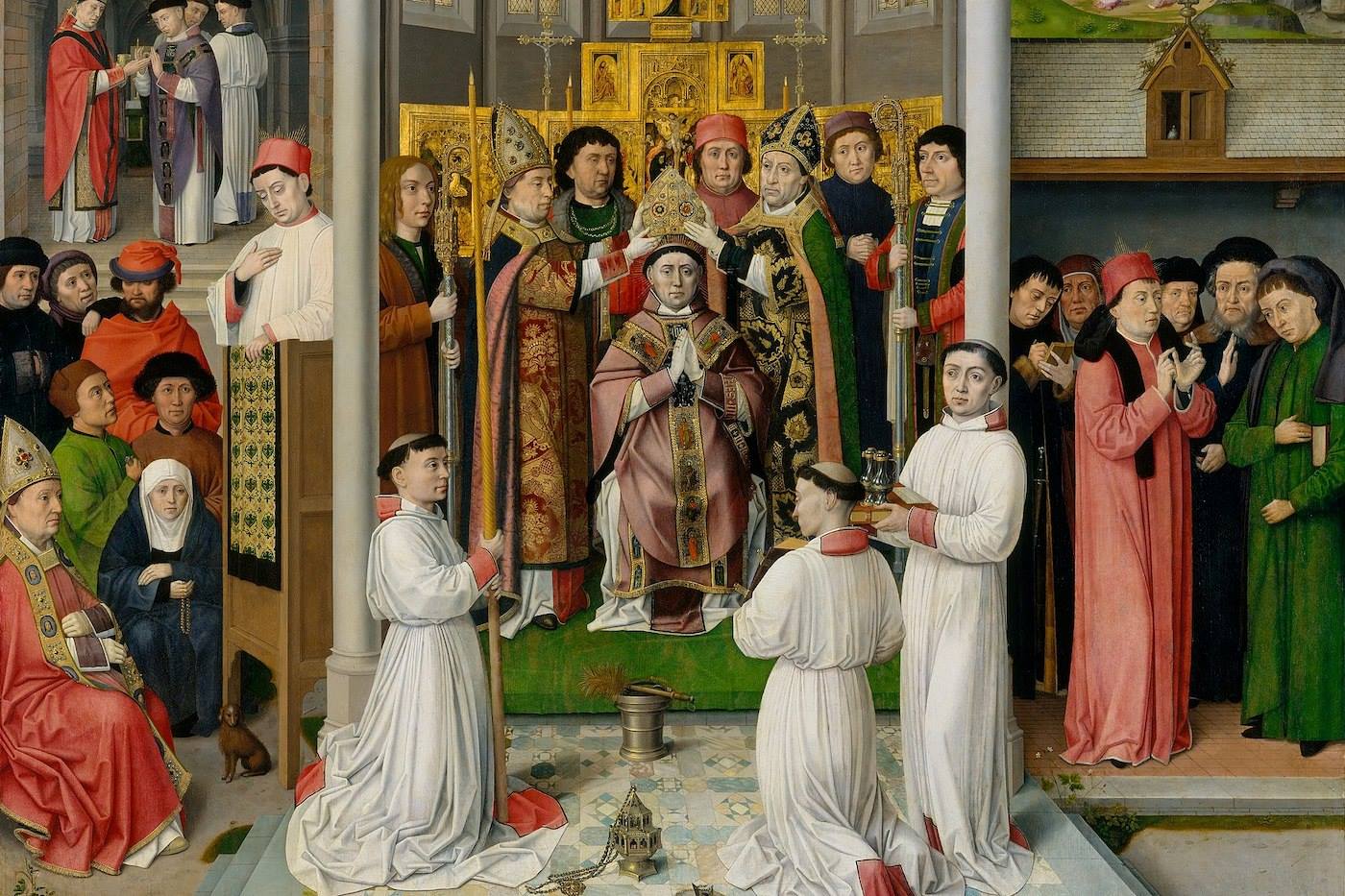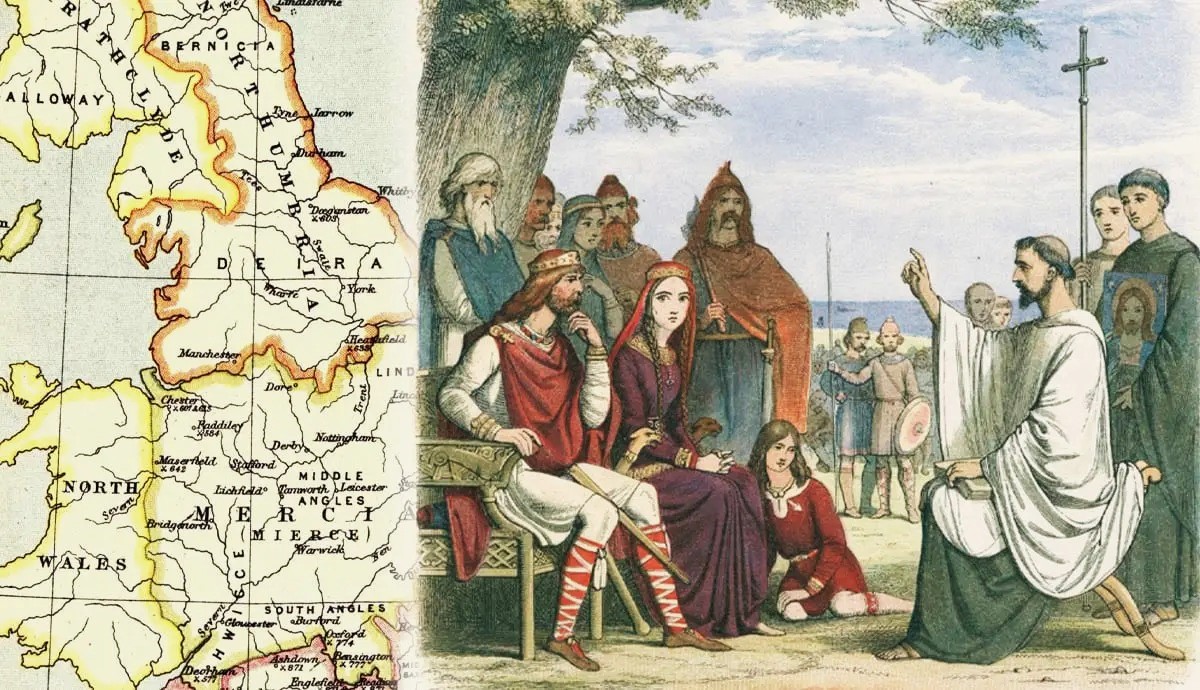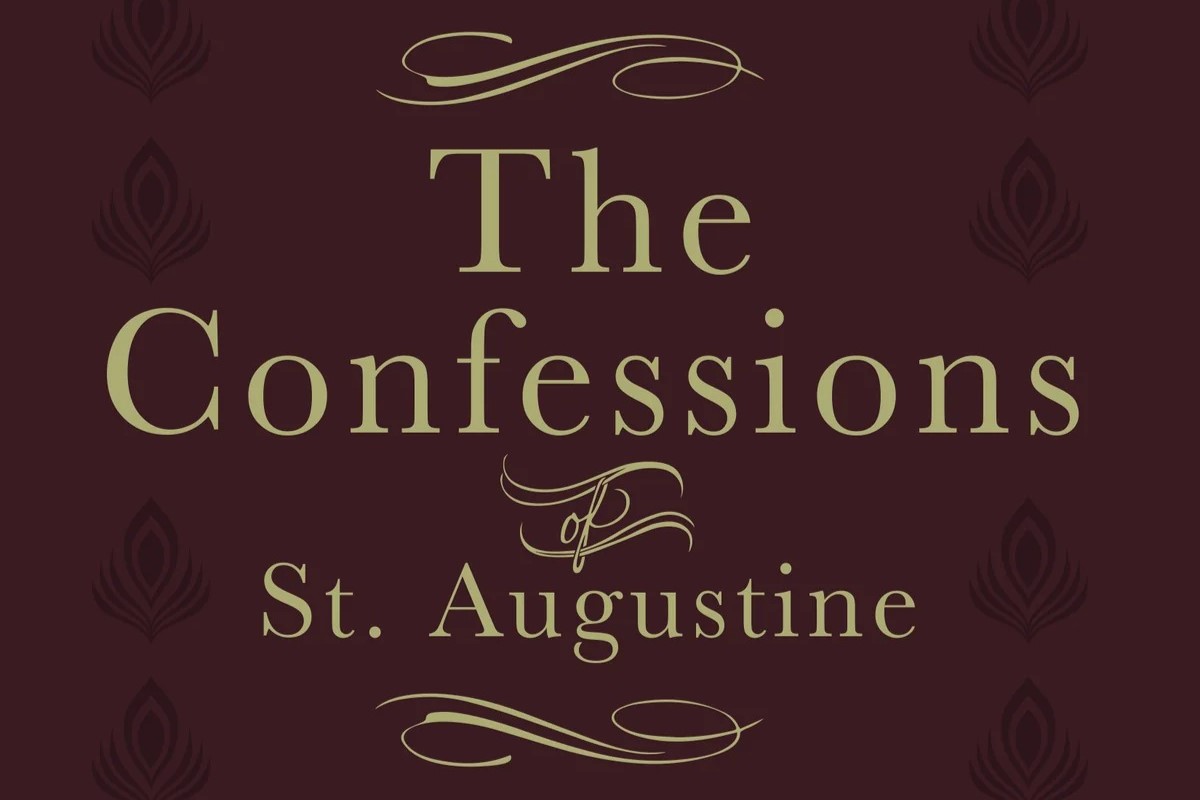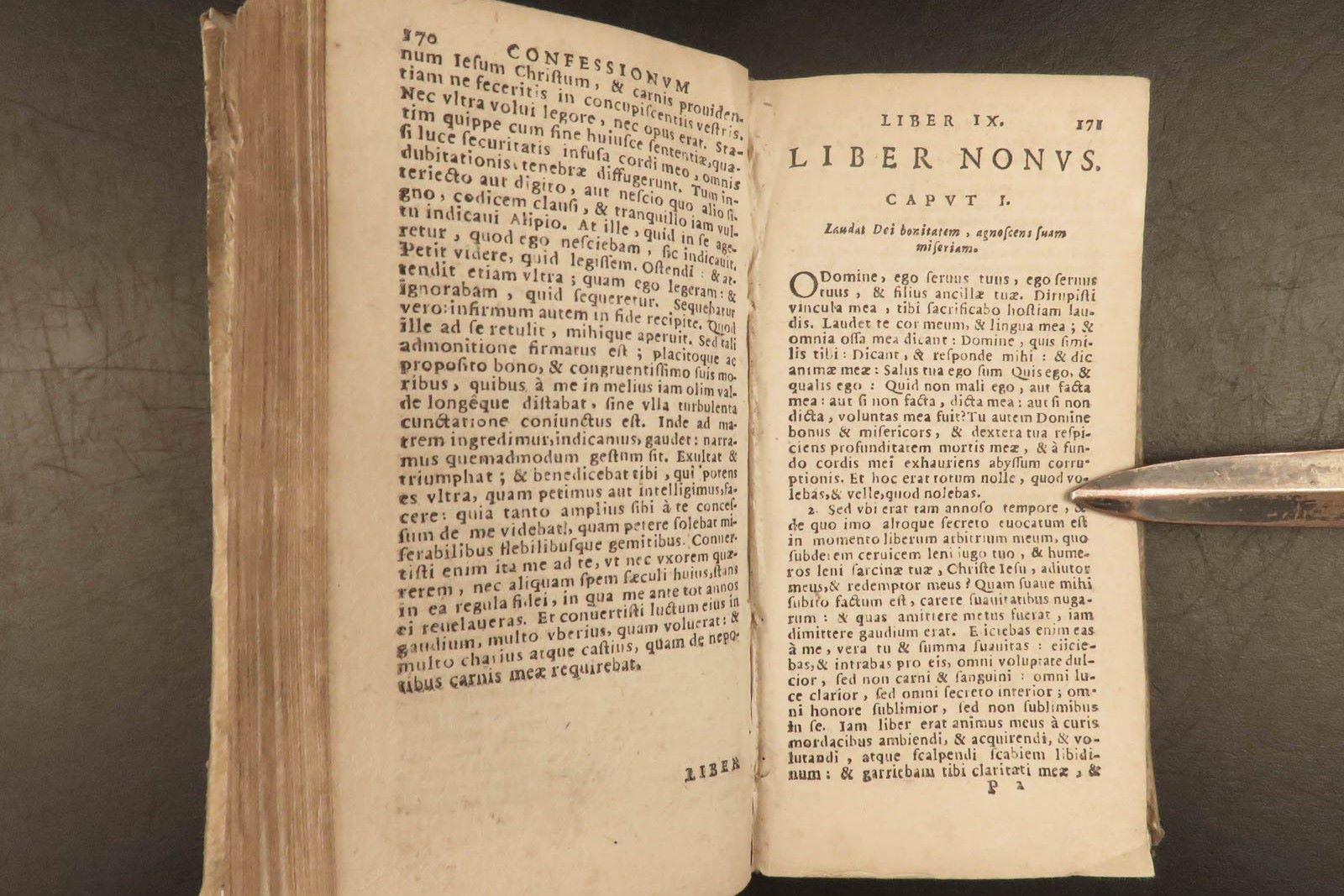Home>Theology and Spirituality>Why Did Augustine Steal The Pears
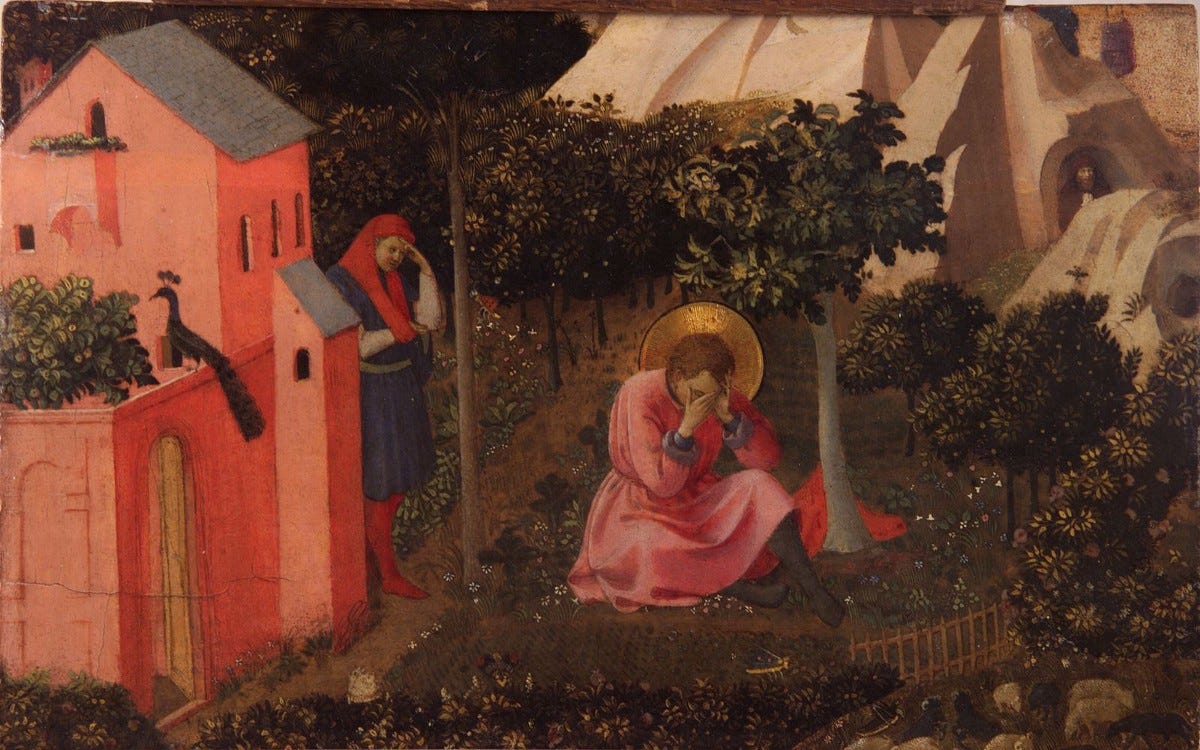

Theology and Spirituality
Why Did Augustine Steal The Pears
Published: February 10, 2024
Ericka Andersen, an editor at Christian.net, expertly merges digital strategy with content creation, focusing on faith and societal issues. Her communication skills enhance the platform's engaging narratives, fostering meaningful dialogue on belief's impact on society.
Discover the theological significance behind Augustine's pear theft and its impact on spirituality. Explore the deeper meaning of this pivotal event in his life.
(Many of the links in this article redirect to a specific reviewed product. Your purchase of these products through affiliate links helps to generate commission for Christian.net, at no extra cost. Learn more)
Table of Contents
Introduction
The story of Augustine's theft of pears is a compelling and enigmatic tale that has captivated theologians, philosophers, and spiritual seekers for centuries. This pivotal event in the life of Augustine, a renowned theologian and philosopher of the early Christian church, has sparked profound theological and psychological interpretations. The narrative of Augustine's youthful transgression has been a source of fascination and contemplation, inviting us to delve into the complexities of human nature, morality, and the struggle between good and evil.
Augustine's account of the pear theft is found in his autobiographical work, "Confessions," where he reflects on his early life and the moral dilemmas he faced. This introspective and deeply personal narrative provides a window into the inner turmoil and spiritual journey of one of the most influential figures in Christian thought.
The tale of the stolen pears serves as a poignant allegory for the universal experience of temptation and moral conflict. It invites us to ponder the nature of sin, the complexities of human desire, and the enduring relevance of Augustine's insights in the modern world. As we explore the circumstances surrounding the theft of the pears, we are compelled to consider the profound implications of this event within the broader context of Augustine's theological and philosophical contributions.
The enduring appeal of Augustine's confession lies in its ability to resonate with the human experience across time and culture. It prompts us to reflect on our own moral struggles, the temptations we face, and the complexities of navigating the path towards virtue and righteousness. By delving into the story of the stolen pears, we embark on a journey of introspection and contemplation, seeking to unravel the profound truths it holds for the human condition.
As we delve into Augustine's confession and the enigma of the stolen pears, we are confronted with profound questions about the nature of morality, the complexities of human behavior, and the enduring relevance of Augustine's insights in the modern world. This exploration invites us to embark on a thought-provoking journey that transcends the boundaries of time and tradition, offering profound insights into the human experience and the eternal struggle between virtue and vice.
Read more: Why Did Augustine Join The Manicheans
Augustine's Confession
Augustine's autobiographical work, "Confessions," serves as a profound and introspective exploration of his early life, moral struggles, and spiritual journey. In this seminal work, Augustine bares his soul, offering a candid and deeply personal account of his experiences, temptations, and the profound inner conflicts that shaped his worldview. The narrative of the stolen pears occupies a central place in "Confessions," serving as a poignant reflection on the complexities of human nature and the universal experience of moral transgression.
Within the pages of "Confessions," Augustine grapples with the tumultuous journey of his youth, candidly recounting the moral dilemmas and inner turmoil that defined his formative years. His introspective narrative provides a window into the profound struggles he faced, the allure of worldly pleasures, and the enduring quest for spiritual fulfillment. The account of the stolen pears emerges as a pivotal moment in Augustine's self-examination, shedding light on the profound impact of temptation and moral conflict on the human psyche.
Through "Confessions," Augustine invites readers to accompany him on a deeply personal and introspective journey, delving into the depths of his soul and the moral complexities that defined his early life. His candid and unflinching self-reflection resonates across centuries, offering a timeless exploration of the human experience and the enduring struggle between virtue and vice.
In "Confessions," Augustine's confession of the theft of pears transcends mere acknowledgment of wrongdoing; it becomes a profound meditation on the complexities of human desire, the allure of forbidden fruit, and the enduring quest for spiritual redemption. Augustine's willingness to lay bare his inner conflicts and moral failings serves as a testament to the universal nature of human frailty and the enduring relevance of his insights in navigating the complexities of the human condition.
As we delve into Augustine's confession in "Confessions," we are confronted with the raw and unfiltered portrayal of a soul grappling with the complexities of morality, desire, and the enduring quest for spiritual fulfillment. This introspective journey invites us to contemplate our own moral struggles, the temptations we face, and the profound insights that Augustine's confession offers into the universal experience of the human soul in its pursuit of transcendence and moral rectitude.
The Temptation of the Pears
The tale of the stolen pears encapsulates a pivotal moment in Augustine's youth, illuminating the profound complexities of human desire, moral conflict, and the enduring struggle between virtue and vice. As Augustine candidly recounts in "Confessions," the allure of the forbidden fruit and the thrill of transgression beckoned to him and his companions. The act of stealing the pears was not driven by hunger or necessity but by the seductive temptation of wrongdoing itself. The pears, plucked from a neighbor's tree, symbolized the enticement of indulging in illicit pleasures, defying moral boundaries, and succumbing to the allure of sin.
Augustine's narrative vividly portrays the intoxicating nature of temptation, the allure of forbidden desires, and the moral ambiguity that shrouds the human experience. The theft of the pears serves as a poignant allegory for the universal struggle against temptation and the complexities of navigating the moral landscape. It reflects the innate human inclination to be drawn towards that which is forbidden, the allure of transgression, and the profound moral dilemmas that accompany such temptations.
The act of stealing the pears, while seemingly trivial in its material impact, resonates deeply as a symbolic representation of the human propensity for moral frailty and the allure of forbidden pleasures. Augustine's introspective account invites us to contemplate the universal experience of temptation, the complexities of moral decision-making, and the enduring relevance of his insights in navigating the labyrinth of human desires and ethical choices.
The narrative of the stolen pears stands as a timeless testament to the enduring struggle between the impulses of the flesh and the yearning for spiritual rectitude. It prompts us to reflect on the profound complexities of human nature, the allure of temptation, and the eternal quest for moral integrity. Augustine's candid portrayal of the temptation of the pears serves as a poignant reminder of the universal human experience, inviting us to confront our own moral struggles, the temptations we face, and the profound insights it offers into the eternal battle between the yearnings of the flesh and the aspirations of the spirit.
Theological Interpretations
The theological interpretations of Augustine's theft of the pears delve into the profound implications of this pivotal event within the framework of Christian theology and moral philosophy. Central to these interpretations is the exploration of the nature of sin, the complexities of human desire, and the enduring quest for spiritual redemption.
At the heart of theological interpretations lies the concept of original sin, a foundational tenet in Christian theology. Augustine's theft of the pears is often viewed through the lens of original sin, illustrating the inherent moral frailty and propensity for wrongdoing that permeates the human condition. The act of succumbing to temptation and yielding to the allure of forbidden fruit serves as a poignant reflection of humanity's fallen nature, echoing the biblical narrative of Adam and Eve's disobedience in the Garden of Eden. Augustine's theft of the pears becomes a microcosm of the universal human experience, underscoring the pervasive influence of sin and the enduring struggle to resist its temptations.
Furthermore, theological interpretations of the stolen pears emphasize the transformative power of grace and redemption. Augustine's own spiritual journey, culminating in his profound conversion to Christianity, serves as a testament to the transformative potential of divine grace. The theft of the pears becomes a pivotal moment in Augustine's personal narrative, illustrating the profound impact of divine intervention and the redemptive power of spiritual awakening. Through this lens, the act of stealing the pears transcends mere moral transgression; it becomes a catalyst for Augustine's spiritual metamorphosis, underscoring the transformative potential of grace in overcoming the burdens of sin and moral frailty.
Moreover, theological interpretations of the stolen pears invite contemplation on the nature of moral responsibility and the complexities of human agency. Augustine's candid confession serves as a poignant reminder of the moral dilemmas that confront individuals, prompting introspection on the intricacies of ethical decision-making and the enduring quest for moral rectitude. The narrative of the stolen pears becomes a compelling allegory for the universal human struggle against temptation, inviting profound theological reflections on the complexities of human nature, the allure of sin, and the enduring hope for spiritual renewal.
In essence, the theological interpretations of Augustine's theft of the pears offer a profound exploration of the complexities of sin, grace, and moral redemption within the Christian theological framework. This introspective journey prompts contemplation on the universal human experience of moral frailty, the transformative potential of divine grace, and the enduring quest for spiritual renewal in the face of temptation and moral transgression.
Psychological Interpretations
Psychological interpretations of Augustine's theft of the pears offer a compelling lens through which to explore the complexities of human behavior, moral decision-making, and the enduring struggle against temptation. At the heart of these interpretations lies an exploration of the psychological dimensions of Augustine's confession, delving into the profound implications of his youthful transgression within the realm of human psychology and moral development.
The narrative of the stolen pears serves as a poignant reflection of the intricate interplay between human desires, moral reasoning, and the complexities of ethical decision-making. Psychologically, the act of stealing the pears embodies the universal experience of succumbing to temptation, yielding to impulsive desires, and grappling with the moral consequences of one's actions. Augustine's candid introspection invites us to delve into the depths of human psychology, prompting contemplation on the intricate web of motivations, desires, and moral conflicts that underpin our ethical choices.
Moreover, psychological interpretations of the stolen pears invite contemplation on the developmental aspects of moral reasoning and the formation of ethical consciousness. Augustine's confession serves as a vivid portrayal of the moral dilemmas faced during the formative years of youth, shedding light on the complexities of moral development and the enduring struggle to navigate the temptations of the world. The act of stealing the pears becomes a poignant illustration of the developmental challenges inherent in the transition from adolescence to adulthood, prompting introspection on the psychological dimensions of moral growth and the formation of ethical identity.
Furthermore, psychological interpretations of Augustine's theft of the pears prompt contemplation on the intricate interplay between conscious and unconscious motivations, the influence of peer dynamics, and the complexities of moral agency. Augustine's candid account invites us to explore the psychological underpinnings of moral decision-making, shedding light on the intricate interplay between individual desires, social influences, and the enduring quest for moral integrity. The narrative of the stolen pears becomes a compelling case study in the complexities of human psychology, prompting introspection on the intricate web of conscious and unconscious motivations that shape our ethical choices and moral actions.
In essence, the psychological interpretations of Augustine's theft of the pears offer a profound exploration of the intricate interplay between human desires, moral reasoning, and the developmental aspects of ethical consciousness. This introspective journey prompts contemplation on the universal human experience of moral conflict, the developmental challenges of ethical growth, and the enduring struggle to navigate the complexities of human psychology in the face of temptation and moral transgression.
Read more: Why Did Augustine Go To Rome
Conclusion
The tale of Augustine's theft of pears stands as a timeless testament to the enduring struggle between the impulses of the flesh and the yearning for spiritual rectitude. Augustine's introspective narrative, as depicted in "Confessions," invites us to confront the complexities of human desire, the allure of temptation, and the eternal quest for moral integrity. The theological and psychological interpretations of this pivotal event offer profound insights into the universal human experience of moral conflict, the transformative potential of grace, and the intricate interplay between human desires and ethical decision-making.
At its core, the narrative of the stolen pears serves as a poignant allegory for the universal struggle against temptation and the complexities of navigating the moral landscape. It reflects the innate human inclination to be drawn towards that which is forbidden, the allure of transgression, and the profound moral dilemmas that accompany such temptations. Augustine's candid confession transcends mere acknowledgment of wrongdoing; it becomes a profound meditation on the complexities of human desire, the allure of forbidden fruit, and the enduring quest for spiritual redemption.
The theological interpretations of Augustine's theft of the pears delve into the profound implications of this pivotal event within the framework of Christian theology and moral philosophy. Central to these interpretations is the exploration of the nature of sin, the complexities of human desire, and the enduring quest for spiritual redemption. The act of succumbing to temptation and yielding to the allure of forbidden fruit serves as a poignant reflection of humanity's fallen nature, echoing the biblical narrative of Adam and Eve's disobedience in the Garden of Eden. Augustine's theft of the pears becomes a microcosm of the universal human experience, underscoring the pervasive influence of sin and the enduring struggle to resist its temptations.
Psychological interpretations of Augustine's theft of the pears offer a compelling lens through which to explore the complexities of human behavior, moral decision-making, and the enduring struggle against temptation. The narrative of the stolen pears serves as a poignant reflection of the intricate interplay between human desires, moral reasoning, and the complexities of ethical decision-making. Augustine's candid introspection invites us to delve into the depths of human psychology, prompting contemplation on the intricate web of motivations, desires, and moral conflicts that underpin our ethical choices.
In essence, the tale of Augustine's stolen pears transcends its historical context, offering profound insights into the universal human experience of moral conflict, the transformative potential of grace, and the intricate interplay between human desires and ethical decision-making. It stands as a timeless parable, inviting us to confront the complexities of human nature, the allure of temptation, and the enduring quest for moral rectitude. As we reflect on Augustine's confession and the enigma of the stolen pears, we are compelled to contemplate the profound truths it holds for the human condition, transcending the boundaries of time and tradition.




